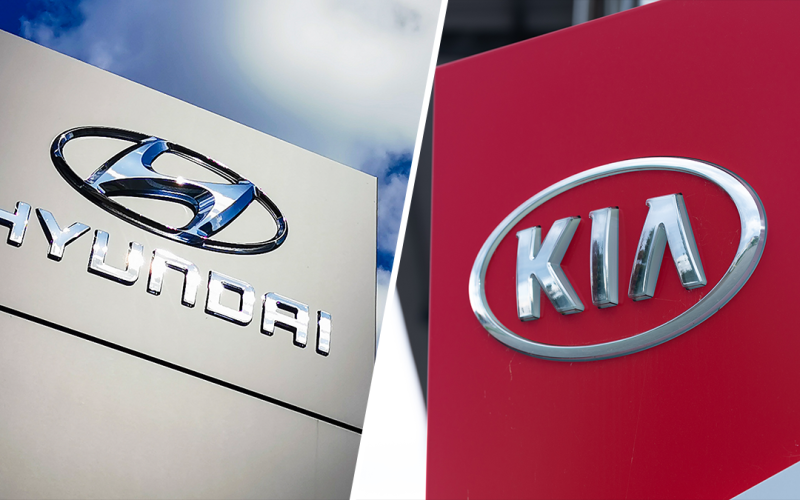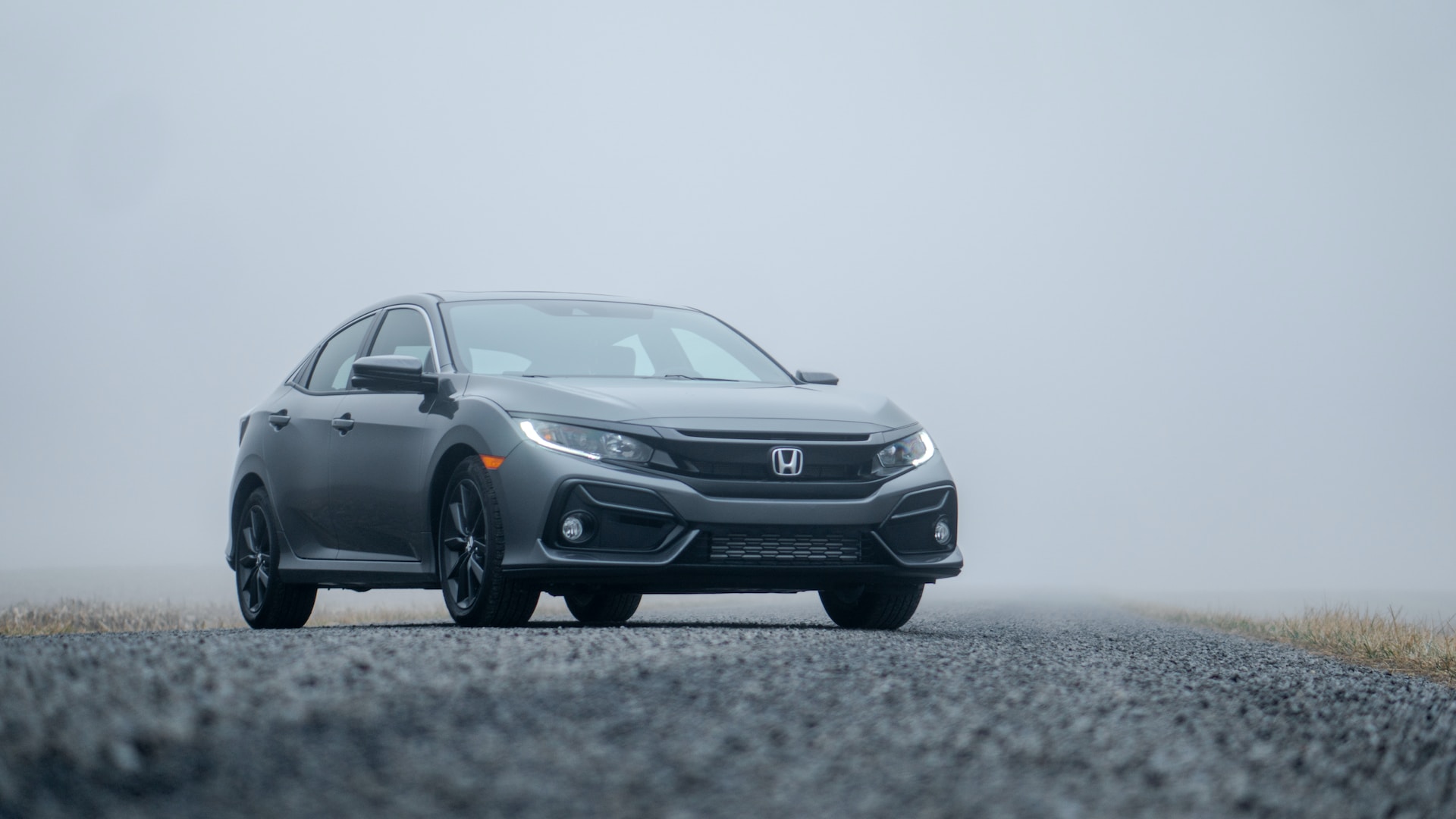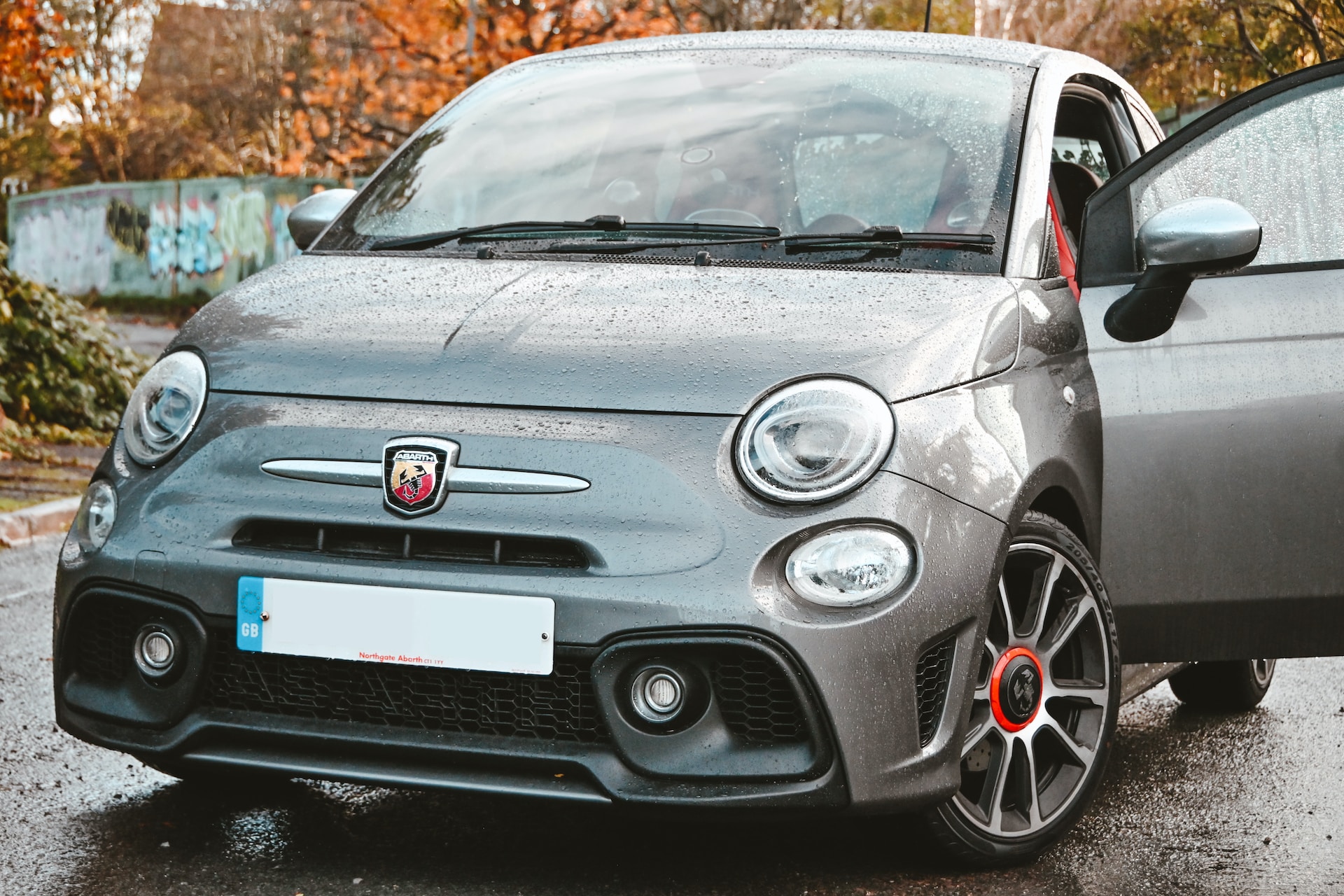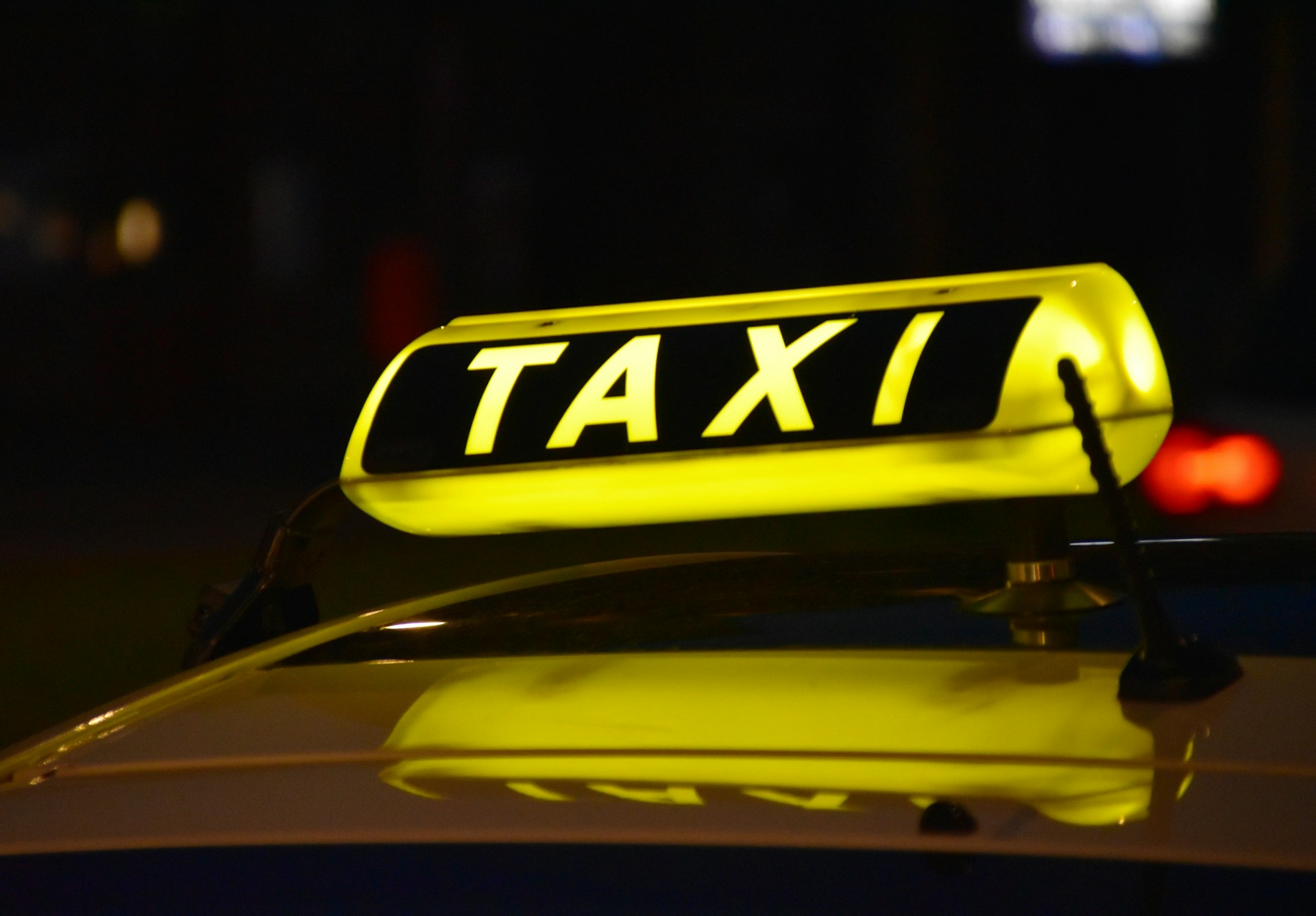Introduction
When car thefts surged in recent years—fueled by a TikTok stunt that exposed weaknesses in Hyundai and Kia ignition systems—auto insurers found themselves paying out millions in claims. Frustrated by repeated losses, a coalition of insurers launched subrogation lawsuits against the automakers, seeking to recoup costs for repairing or replacing stolen vehicles. In this article, we’ll explore the background of these lawsuits, outline the key legal arguments, and examine what this means for drivers, insurance rates, and the auto industry.
The Spark: A Viral Theft Trend
In 2022, social media users discovered that many Hyundai and Kia models (manufactured roughly between 2011 and 2021) lacked engine immobilizers—a standard anti-theft device. A simple USB charging cable could bypass the ignition and start the engine, leading to a wave of thefts known as the “Kia Challenge.” Vehicles stolen in this manner often suffered extensive damage, pushing up insurance payouts.
According to recalls and class‐action settlements, models affected include the Hyundai Accent, Elantra, Kona, Santa Fe, Tucson, Veloster, and various Kia models such as the Forte, Optima, Rio, Sedona, Sorento, and Soul Wikipedia. Manufacturers later issued free software updates and offered steering‐wheel locks to improve security, but the initial losses had already triggered a financial backlash.
Insurers Take the Offensive: Subrogation Lawsuits
Allstate Leads the Charge
On November 14, 2024, subsidiaries of Allstate filed a subrogation suit against Hyundai and Kia in a U.S. federal court. The insurers argued that the automakers’ failure to install immobilizers rendered their vehicles defective and caused unreasonable claim costs for damages when cars “suddenly erupted in flames” during theft attempts Insurance Journal. Allstate seeks to recover costs paid to policyholders for repairs, replacements, towing, and related expenses.
Coalition of Major Insurers
Allstate was soon joined by other industry giants—including GEICO, Liberty Mutual, Nationwide, Progressive, State Farm, Travelers, and USAA—who collectively filed a class‐action lawsuit in October 2023. These insurers allege that Hyundai Motor Group and Kia America owe them over $1 billion in subrogation damages for claims arising from stolen vehicles InsurifyInsurance Journal.
Legal Grounds for the Suits
Subrogation allows an insurer to “step into the shoes” of its insured after paying a claim and sue the party responsible for the loss. In these cases, insurers contend:
- Design Defect: Hyundai and Kia knowingly sold vehicles lacking standard immobilizers, a defect that made cars unusually easy to steal.
- Negligence: The automakers breached their duty of care by failing to equip vehicles with basic anti-theft technology, despite industry standards and consumer expectations.
- Unjust Enrichment: By profiting from car sales of vulnerable vehicles, Hyundai and Kia benefited at the expense of insurers forced to cover theft losses.
The lawsuits seek reimbursement for claim payouts, legal fees, and interest. They also demand policy changes to prevent future losses.
Court Proceedings and Key Decisions
Judge’s Rejection of Dismissal Attempts
In November 2023, a U.S. District Court judge refused to dismiss the insurers’ lawsuits, allowing the subrogation claims to proceed. The court found sufficient evidence that design defects existed and that insurers had standing to sue for their financial losses Insurance Journal.
Ongoing Discovery and Expert Reports
Both sides are now engaged in discovery. Insurers are gathering internal Hyundai and Kia documents related to design decisions and theft incident reports. Defendants will likely counter with expert testimony showing that theft losses stemmed from criminal tampering, not solely design flaws.
Potential for Settlement
While class‐action settlements have resolved owner claims—such as an $80–145 million payout for theft victims in a consolidated federal case—insurer subrogation suits remain active. Given the scale of damages and the complexity of the legal issues, a settlement could emerge in late 2025, but trial remains a possibility.
Broader Impact on Insurance and Auto Industries
Rising Premiums and Coverage Restrictions
Even before lawsuits, insurers like State Farm and Progressive began restricting or raising rates for high-theft models. Some customers found their policies non-renewed, as insurers deemed certain Hyundai and Kia models unacceptable risks The Sun. The subrogation suits aim to recover past losses, but insurers will likely continue adjusting underwriting guidelines for vulnerable vehicles.
Manufacturer Responses
Hyundai and Kia have defended their actions by emphasizing post-sale software updates, free anti-theft kits, and ongoing recall efforts. They also point to overall theft trends across all brands. However, the pending litigation underscores the need for automakers to incorporate robust security features from the factory.
Consumer Confidence
High-profile lawsuits and media coverage can erode trust in vehicle brands. Potential buyers may hesitate before purchasing Hyundai or Kia models without full immobilizer systems. Manufacturers face pressure to restore confidence through transparent fixes and compensations.
Insights from Industry Experts
- Automotive Security Analysts note that engine immobilizers have been standard in most vehicles for decades; Hyundai and Kia’s lapse represents a serious deviation from industry norms.
- Insurance Executives explain that successful subrogation recoveries help offset the cost of theft claims, which averaged over $10,000 per incident in some urban markets.
- Legal Scholars observe that these cases could set precedents for subrogation suits against other manufacturers if design defects lead to widespread insured losses.
What’s Next? Outlook and Recommendations
- Monitor Court Filings: Insurers and automakers will file expert reports and motions through 2025. Observers should watch for summary judgment decisions that could narrow or expand the scope of claims.
- Stay Informed on Recalls: Owners of affected vehicles should complete software updates and accept offered hardware kits to reduce theft risk.
- Review Insurance Policies: Drivers of Hyundai and Kia models should verify coverage details and request clear underwriting guidelines from their insurers.
- Consider Vehicle Security Upgrades: Aftermarket immobilizers and steering-wheel locks offer additional protection, potentially lowering insurance premiums and deterring theft.
Conclusion
The subrogation lawsuits by major insurance companies against Hyundai and Kia highlight the financial and legal fallout from a widely exploited vehicle design flaw. By suing to recover over a billion dollars in theft-related claims, insurers signal the high stakes of automotive safety and the importance of robust security features. As the lawsuits progress through discovery and potential settlement talks, both industry watchers and affected consumers must stay alert to developments. Ultimately, these legal actions may reshape how automakers design vehicles, how insurers underwrite policies, and how drivers protect their investments. Keeping your vehicle secure and your insurance informed can help you navigate this evolving landscape safely and confidently.










